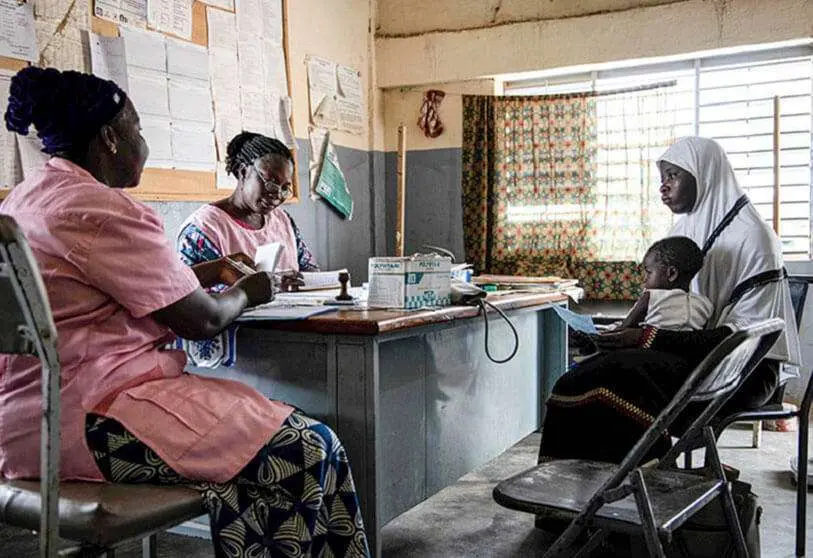WHO fears up to 769,000 deaths from malaria this year in sub-Saharan Africa

Focusing public health efforts on fighting the coronavirus pandemic threatens to trigger other medical emergencies in sub-Saharan Africa, where up to 769,000 people could die of malaria this year, a number not seen in two decades, according to the World Health Organization (WHO).
On World Malaria Day, 25 April, the agency, in collaboration with other partners, highlighted the importance of maintaining malaria prevention and care measures in a region that suffers from more than nine out of ten malaria cases worldwide. More than two thirds of deaths are children under five years of age.
The WHO has expressed concern about delays in campaigns for distributing anti-mosquito nets and access to antimalarial medicines, in a report that analyses the measures being taken by 41 countries and outlines nine possible scenarios.
In the worst scenario, which includes the suspension of all net distribution programmes and a 75% drop in access to medicines, some 769,000 people would die of malaria this year in sub-Saharan Africa. The figure, if confirmed, would be double the number of deaths in 2018.
WHO has urged that the "window of opportunity" of the still low numbers of coronavirus infections in Africa be used in a way that "minimizes" the impact on malaria prevention programmes.
In fact, it has called for "accelerating" malaria control campaigns and in any case maintaining therapies for pregnant women and children. Furthermore, he recalled that rapid diagnosis is "essential" to prevent mild cases from getting worse and putting the patient's life at risk.








